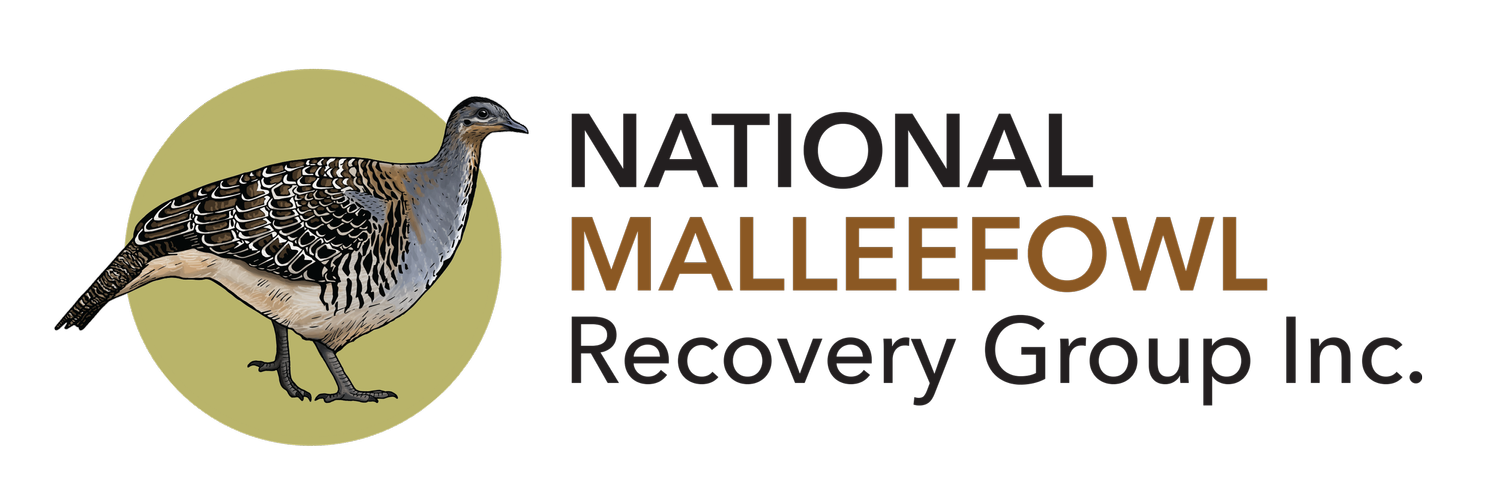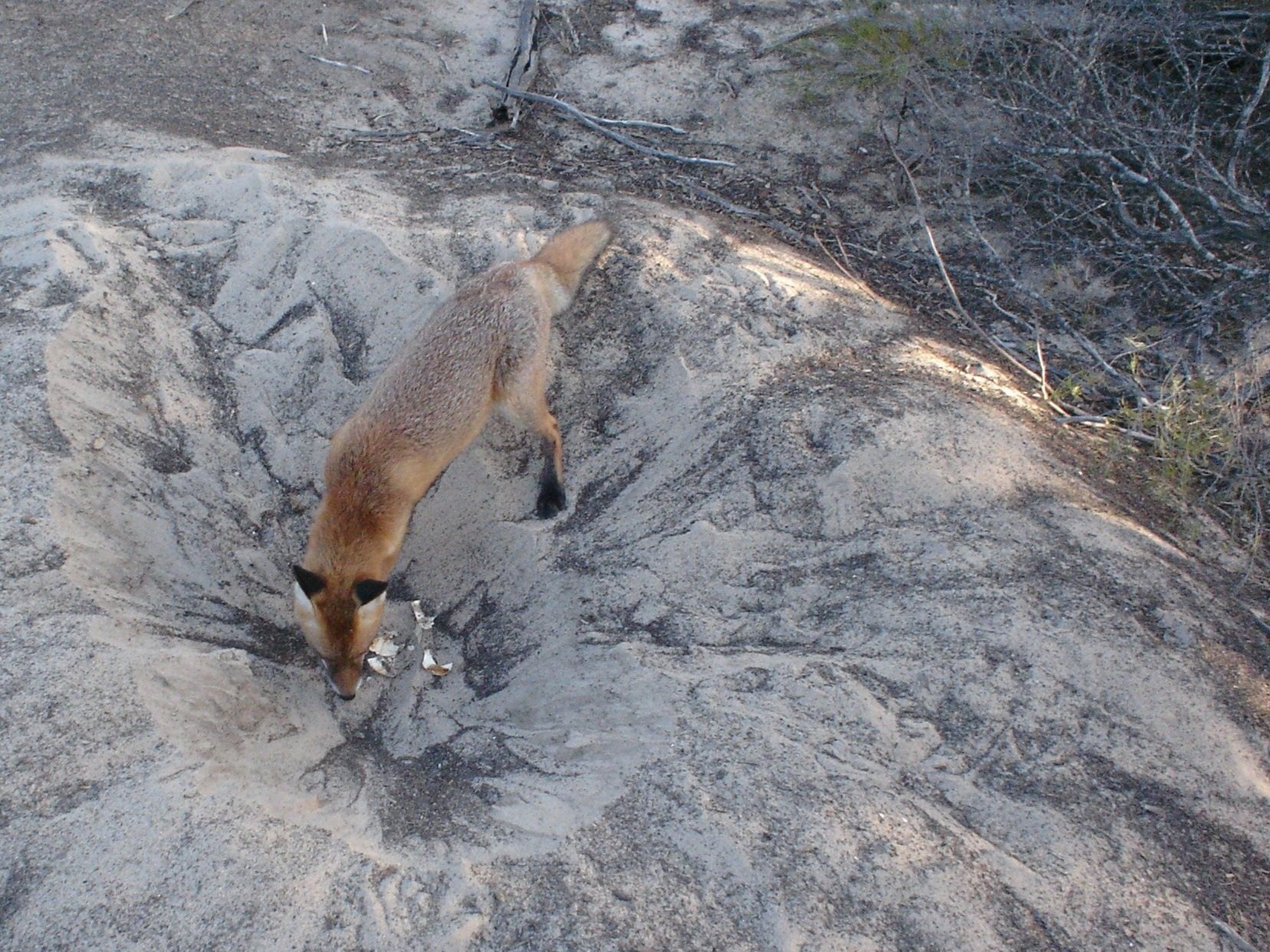
ADAPTIVE MANAGEMENT PREDATOR EXPERIMENT
The aims
The Adaptive Management Predator Experiment aims to understand the impacts that controlling predators has on Malleefowl populations. The Experiment is being run at sites across Australia. At each location, there are paired sites, one that is baited for foxes (treatment site) and one that is not (control site).
To give useful data for the experiment, the sites need to:
- Have Malleefowl present in two (or more) locations with relatively similar environmental conditions and rainfall
- be separated by a distance that ensures the populations respond to management actions independently
- Have an effective predator control strategy (treatment site) and accurate records on intensity, frequency, and timing in the controlled area.
All experiment locations have mound activity sampling done and are monitored annually for mound activity in accordance with the Malleefowl National Monitoring Database protocols. In addition, all sites have motion-sensor cameras deployed to detect the activity of predators, mainly foxes and cats, as well as other species like goats, kangaroos, rabbits, deer, and pigs. Volunteers help us review photos to detect these species.
To read more about the experiment, visit the project page at the Threatened Species Recovery Hub.


 Donate
Donate